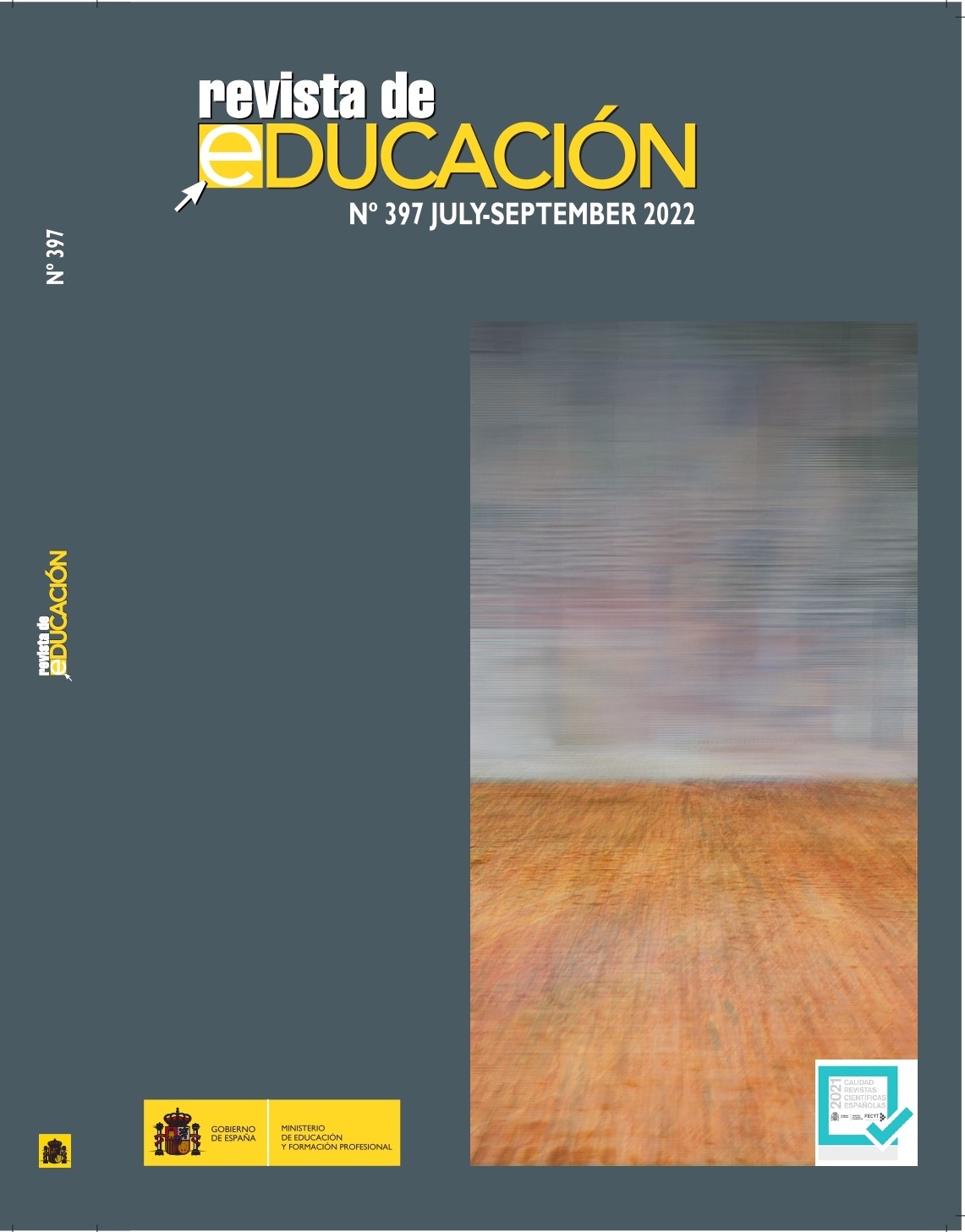Social support, socioemotional competencies and cybervictimization: longitudinal analysis among Primary school students
Main Article Content
Abstract
Cyberbullying is a serious social and health problem for children. Cyberbullying behaviours occur among peers at school and therefore also affect the daily development of life in the classroom. Cyberbullying behaviours are reported among students during the last years of primary school. The present study analyses the relationships between social support from friends, socioemotional competences
and cybervictimization in early adolescence (10-13 years). A short-term longitudinal design (two assessments 6 months apart) was used. The final sample comprised 566 students in 5th and 6th grades of Primary Education from the communities of Madrid and Castilla-La Mancha (Spain). Self-reports about cyberbullying and bullying frequency (T1 and T2), social support from friends and social-emotional competences (T1) were gathered from students. Stability of cybervictimisation was found at the end of the academic year. The results showed that being a cybervictim at the end of the academic year was significantly related with being a cyberperpetrator and victim of bullying in the same period. Participants with higher social support from friends and social-emotional competences in the beginning of the academic year (T1) showed lower odds of experiencing cybervictimization at the end of the academic year (T2). In conclusion, results showed the necessity to detect cyberbullying and promote early intervention from schools. Social-emotional competences and social support from friends are relevant strategies for intervention and prevention of cyberbullying. Teachers, together with other educational agents outside the school, should further develop social-emotional competences in the social group of minors in order to foster coexistence relationships.
Keywords: cyberbullying, social support, socio-emotional competences, school bullying, longitudinal, early adolescence

